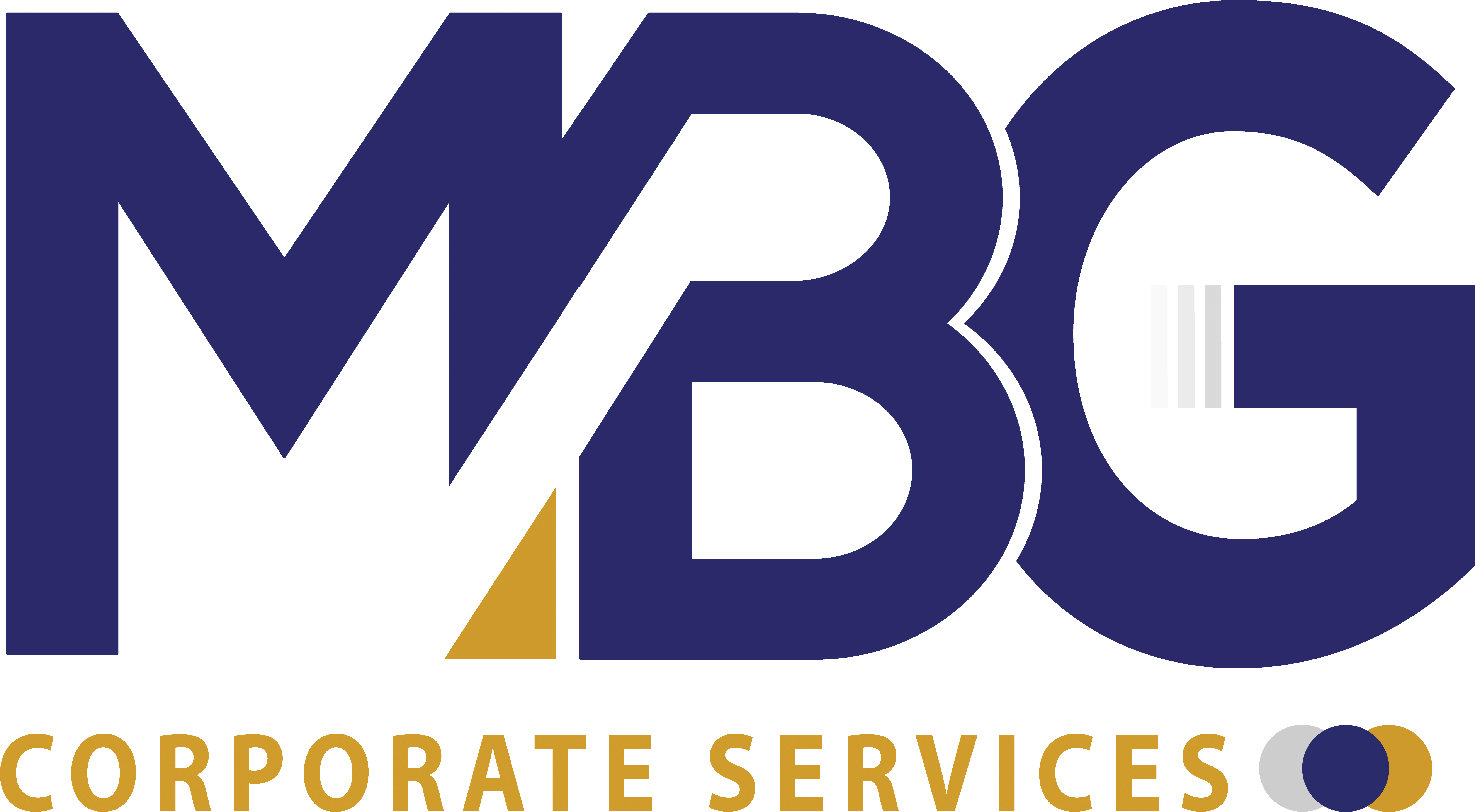Are you a Significant Beneficial Owner of a Company

The law relating to companies provides that a Shareholder or in case there are several shareholders in a company, a majority Shareholder is the owner of a company. In the globalized world, where investment could be made from one corner of the world in a company resident in a foreign jurisdiction, at times it is difficult to ascertain who is a truly beneficial owner of a company. In other words, who is the one who would benefit from the enterprise by reaping dividends? The beneficial owner may have certain tax obligations and in some jurisdiction an additional compliance obligation as well.
The objective of the amendment to the Significant Beneficial Owner rules is to reveal individual shareholders that ultimately derive economic benefits from and/or control a corporate entity in India.
A significant beneficial owner (SBO), in relation to a reporting company is an individual, who:
 An illustration for identifying SBO is explained below:
An illustration for identifying SBO is explained below:
- acting alone or together, or
- through one or more persons or
- through a trust
- holds indirectly, or together with any direct holdings, at least 10% of the shares;
- holds indirectly, or together with any direct holdings, at least 10% of the voting rights in the shares;
- has the right to receive or participate (by virtue of their indirect and/or direct holdings) at least 10% of the total distributable dividend or any other distribution in a financial year; or
- has the right to exercise, or actually exercises, significant influence or control (through their indirect holdings and direct holdings) over the reporting company.
 An illustration for identifying SBO is explained below:
An illustration for identifying SBO is explained below:
- Company A is the Reporting Company, which has 2 members, i.e. Company B and an individual C, who are holding 80% and 20% respectively stake in the Reporting Company A;
- Since Individual C is only holding directly in the Reporting Company A and has been identified as a registered owner, the Individual C cannot be regarded as an SBO, even though it holds more than 10% in the Reporting Company A.
- We know that if the member of a reporting company is a company, the SBO is the individual who either holds a majority stake in that member or holds a majority stake in the ultimate holding company of that member. For identifying the beneficial owner, we are required to analyze the shareholding pattern of the Company B. Now, Company B has 3 shareholders, a company D holding 60% stake, Individual E and Individual F holding 5% and 35% stake respectively in Company B.
- The major shareholder is again a company, i.e. Company D, therefore we have to analyze the shareholders of Company D. Company D has 2 individual as shareholders, i.e. Individual G and Individual H, holding 90% and 10% stake respectively.
- Indirectly, Individual G holds 54% in Company B, i.e. the majority stake in the member of the Reporting Company A and will be regarded as an SBO.
- Every significant beneficial owner of a company has to file a declaration to that effect within the prescribed time frame.
- Upon receipt of the declaration under rule 3, the reporting company shall file a return in prescribed format with the Registrar of Companies within a period of thirty days from the date of receipt of such declaration.
- restrictions on the transfer of interest attached to the shares in question;
- suspension of the right to receive the dividend or any other distribution in relation to the shares in question;
- suspension of voting rights in relation to the shares in question;
- any other restriction on all or any of the rights attached with the shares in question.
- IEPF authority;
- its holding reporting company, the details of such holding reporting company shall be reported in the prescribed format;
- the Central Government, State Government or any local Authority;
- a reporting company; or a body corporate; or an entity, controlled by the Central Government or by any State Government or Governments or partially by the Central Government and partly by one or more State Governments;
- SEBI registered Investment Vehicles such as mutual funds, alternative investment funds (AIF), Real Estate Investment Trusts (REITs), Infrastructure Investment Trust (lnVITs) regulated by the Securities and Exchange Board of India;
- Investment Vehicles regulated by Reserve Bank of India, or Insurance Regulatory and Development Authority of India, or Pension Fund Regulatory and Development Authority.
Tag: Company Act, Partnership, Shareholder


